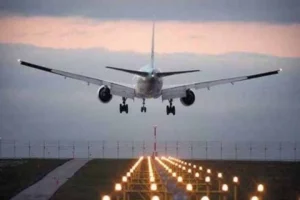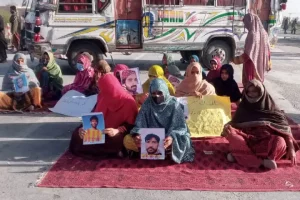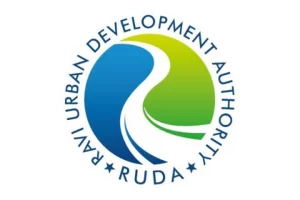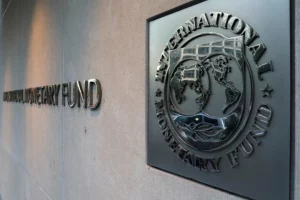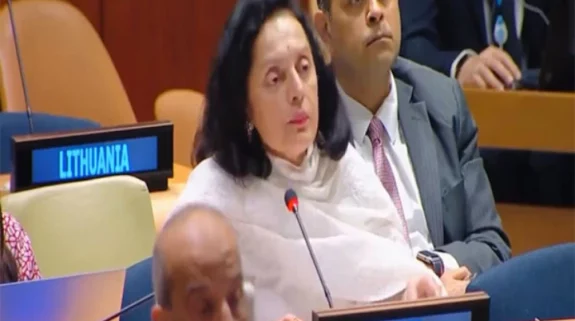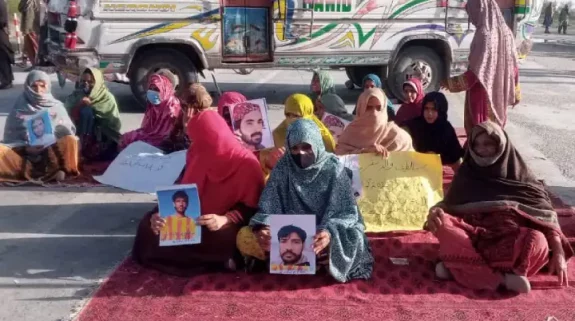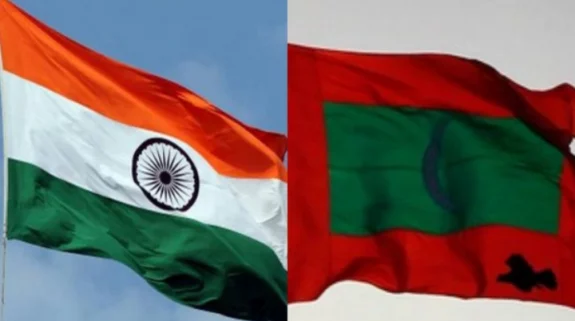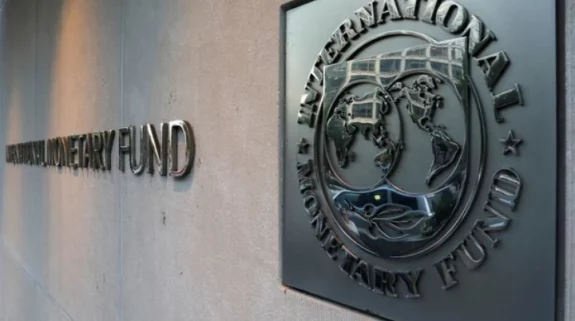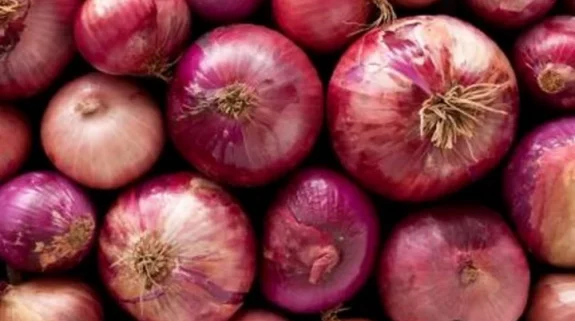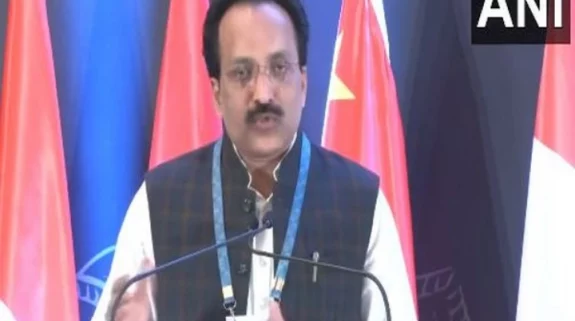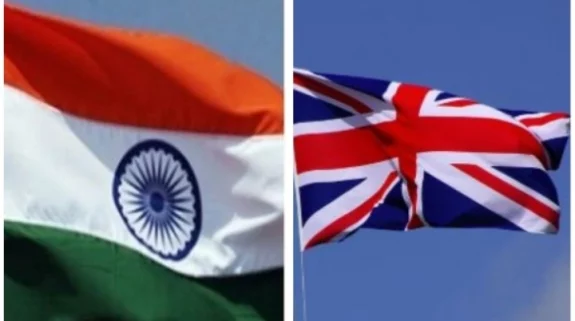The Union Budget to be presented by Finance Minister Nirmala Sitharaman on Monday is likely to aim at spending its way out of the economic crisis, caused by the coronavirus pandemic, with higher allocations on infrastructure, health, defence and the rural sector.
According to sources, the total expenditure in the budget for 2021-22 may go up by 12 to 15% over the previous year to accelerate a V-shaped economic recovery. This would take the total expenditure in the budget to around the Rs 35 lakh crore mark from the corresponding figure of Rs 30.4 lakh crore in the budget for 2020-2021.
The increased expenditure in mega projects such as highways and ports will spur economic growth and create more jobs as the consumption of products such as cement and steel also picks up.
However, this increased outlay would entail an easing off on the stringent fiscal deficit targets for now as precedence will be given to growth. The fiscal deficit, which was pegged at 3.5% of GDP, could go up to 6.5-7% of GDP in 2020-21.
Imported goods to cost more
In order to raise additional revenue to finance the increased expenditure, the budget is expected to hike customs duties on a number of high-end electronic goods such as smartphones and TVs and home appliances like washing machines and refrigerators. This increase in imports duties is expected to rake in over Rs 20,000 crore.
Apart from the increase in revenue the higher duties are expected to result in a higher demand for India-made goods giving a fillip to the government’s Aatamnirbhar Bharat campaign.
Sources disclose that the government is also likely to set a target of an 18 to 20% increase in tax revenue over the previous year as the economic growth rate is expected to accelerate resulting in higher incomes. Besides, the increase in demand for goods and services in a growing economy will result in higher GST collections. The figure is considered feasible as its comes on top of a low base since tax collections in the current year have slowed due to the contraction in the pandemic-hit economy.
Schemes for poor
The rural jobs guarantee programme, the Pradhan Mantri Awas Yojana (PMAY), the National Health Mission as well as the schemes on tap water for every household are likely to see enhanced allocations. Production-linked schemes are also expected get higher outlays as more sectors are covered in the forthcoming financial year to boost the manufacturing sector.







